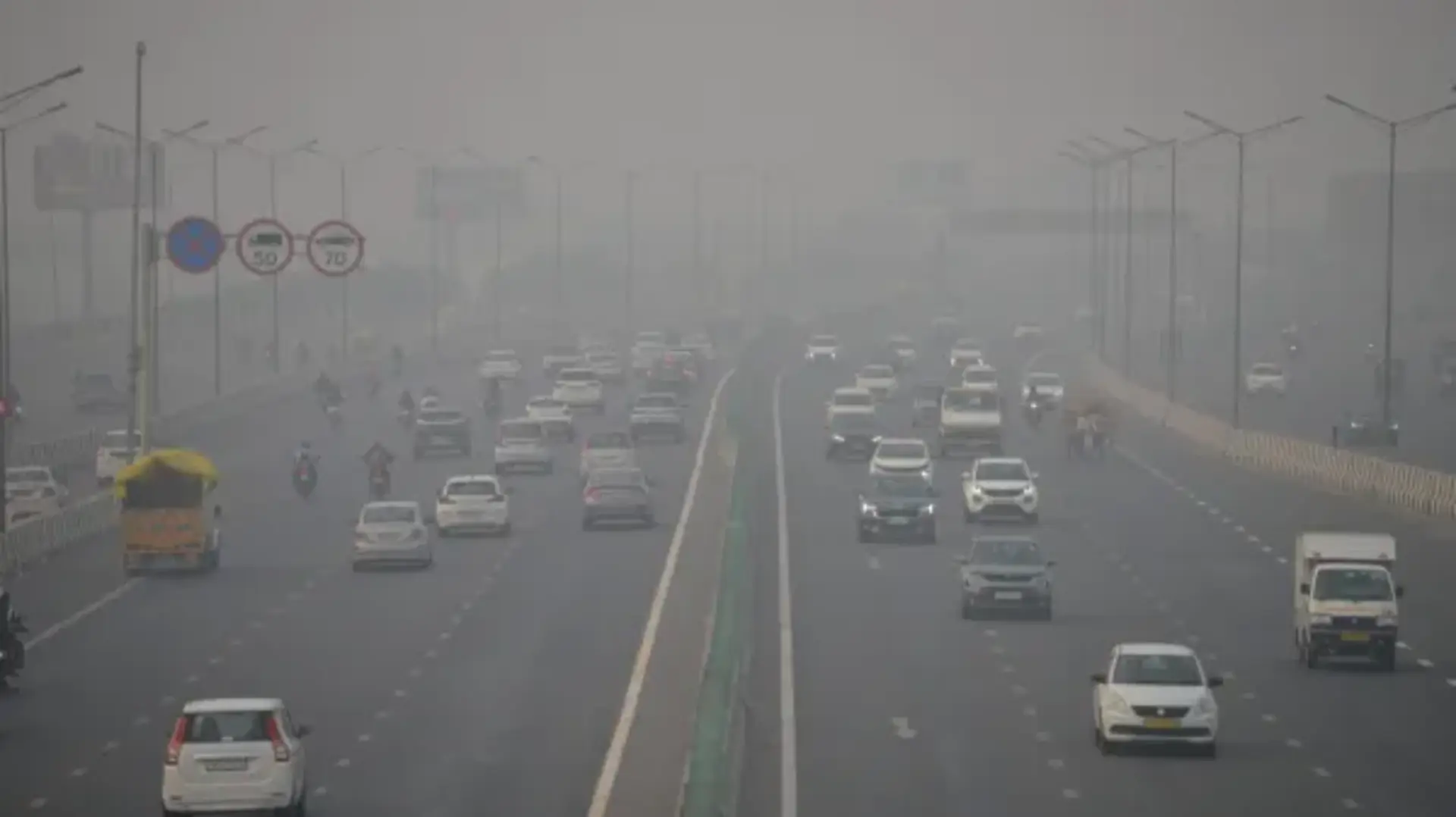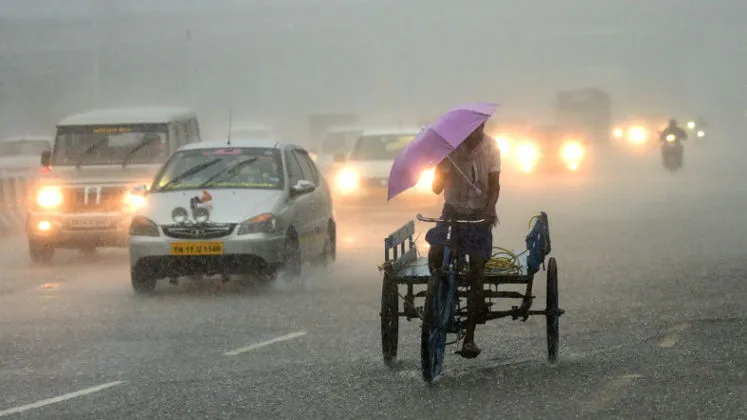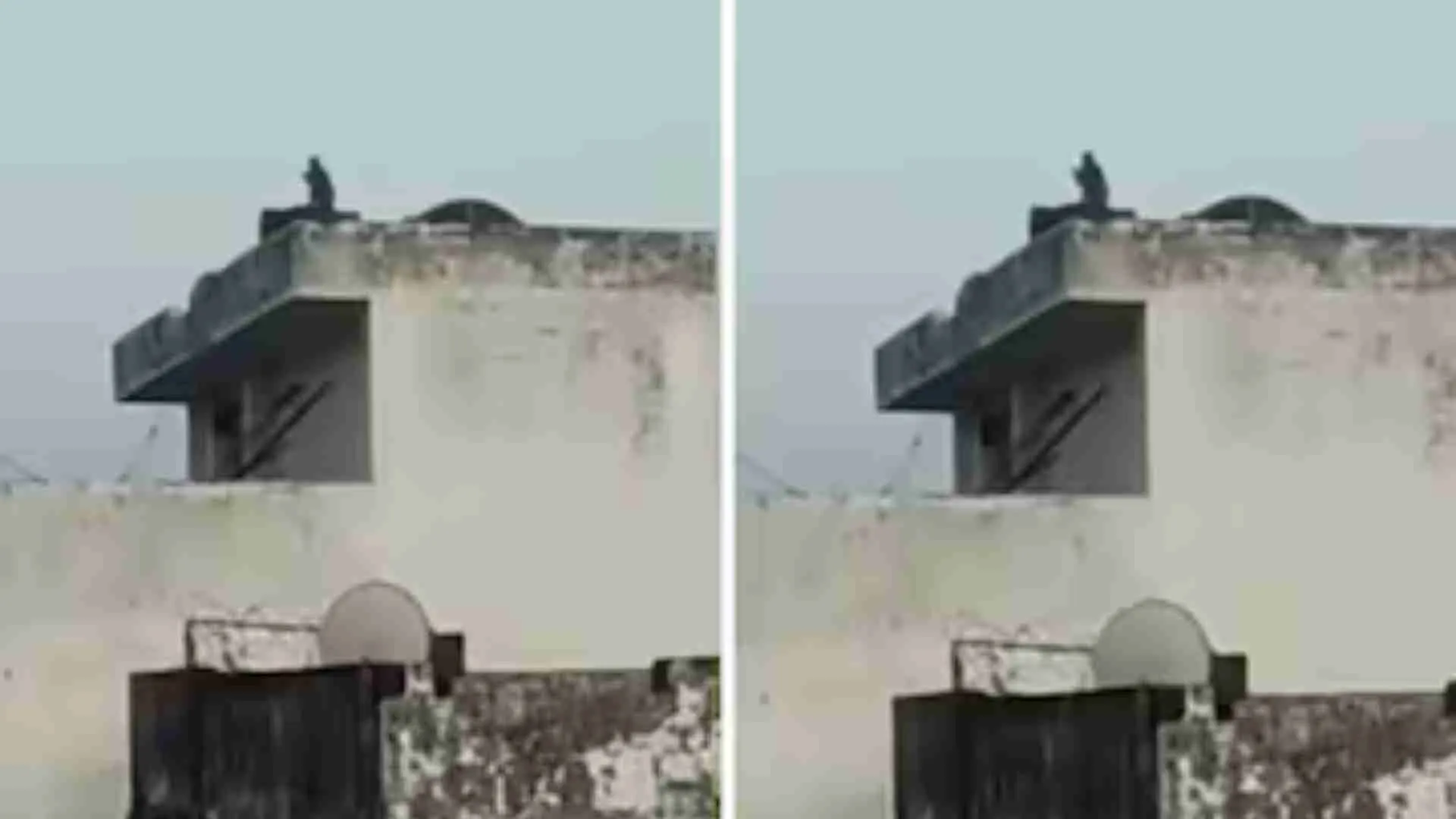Delhi’s air quality continued to deteriorate on Sunday, November 17, with the overall Air Quality Index (AQI) recorded at 428, categorized as ‘severe,’ according to the Central Pollution Control Board (CPCB). Smoggy conditions, coupled with colder winds, further exacerbated the situation, affecting visibility and public health.
Key Highlights:
1. Severe Air Quality in Delhi:
– Data from the CPCB showed that most of Delhi’s 35 monitoring stations reported AQI levels above 400, indicating severe pollution.
– Bawana recorded the highest AQI at 471, followed by Jahangirpuri, Ashok Vihar, Mundka, Vivek Vihar, Rohini, and Anand Vihar, all exceeding the 450 mark.
2. Contributing Factors:
– The decline in air quality has been linked to various factors, including firecrackers during festivities, stubble burning in Punjab, Haryana, Uttar Pradesh, and Rajasthan, and vehicular emissions.
– Satellite data from the Indian Agricultural Research Institute (IARI) showed that Uttar Pradesh reported 202 farm fires on Thursday, the highest among the states, while Punjab and Haryana reported five and 11, respectively.
3. Haryana’s Measures for Schools:
– The Haryana government authorized district deputy commissioners to assess pollution levels and temporarily close schools for students up to Class 5, prioritizing children’s health.
– The directive includes provisions for transitioning to online classes in areas where AQI levels are severe.
4. GRAP Stage III Restrictions in Delhi:
– The Graded Response Action Plan (GRAP) Stage III restrictions were enforced on Friday, targeting sources of pollution.
– The Delhi Traffic Police issued over 550 challans for violations of the ban on BS III petrol and BS IV diesel vehicles, resulting in fines exceeding ₹1 crore.
– Additional penalties of ₹4.85 crore were imposed on 4,855 vehicles without valid Pollution Under Control Certificates (PUCC).
5. Health and Safety Concerns:
– The CPCB’s AQI scale categorizes levels from 401 to 450 as ‘severe,’ meaning prolonged exposure can have serious health effects.
– Authorities have urged residents to limit outdoor activities and take necessary precautions, especially for vulnerable groups like children and the elderly.
The worsening air quality highlights the urgent need for coordinated measures to tackle pollution in the National Capital Region (NCR).






















